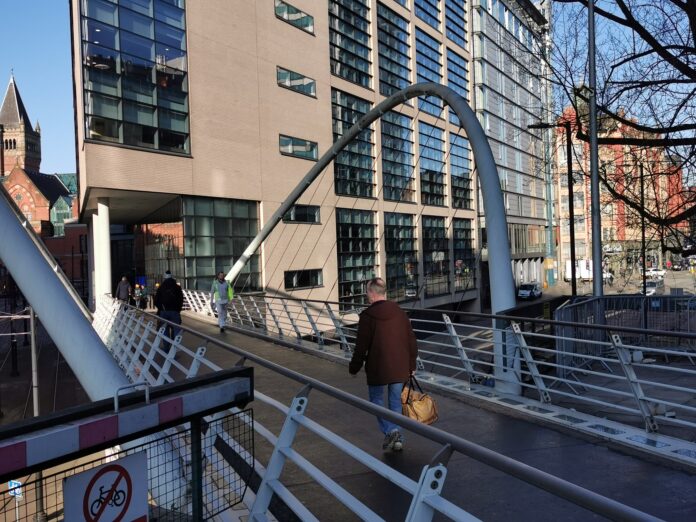The UK’s GDP rose by 1.8% in May, according to data released by the Office for National Statistics.
The increase follows the record slump of 20.3% in April, and a 6.9% decline in March.
Over the last quarter, the services sector fell by 18.9% while production shrank by 15.5%,the figures show.
The service sector saw huge falls in education, which fell by 37.8% as a result of school closures during March, April and May,health, which fell 31.4% as a result of reduced activity in elective operations and fewer accident and emergency visits and food and beverage service activities, which fell by 69.3% as a result of the closure of bars and restaurants throughout March, April and May
The retail sector and the car industry suffered the worst slump – and the best improvement, however sectors such as transport, finance and education barely grew in May.
The manufacturing sector did better with 8.4% growth in May with production of rubber, plastic and various machinery picked up strongly, but electricals and chemicals was weaker.
The rolling three-month growth in the construction sector was negative 29.8% in May 2020. This is a record fall in the three-month on three-month growth and was caused by record declines in all sectors apart from infrastructure.
The largest contributors to this fall were private new housing and private commercial, which fell by 42.5% and 29.5% respectively.
Alpesh Paleja, CBI Lead Economist, said:
“The latest data sheds further light on just how much the economy has been affected by lockdown. While recent indicators suggest we have turned a corner, it’s clear many sectors are still in acute distress.
“Sadly, the legacies of this crisis will likely be felt for some time. The Chancellor’s Summer Statement was an important step forward, but many viable firms remain in danger as a result of reduced cash flow and a lack of consumer demand.
“The Government must continue to back a long-term, sustainable recovery while responding to the challenges companies are experiencing right now.”
TUC General Secretary Frances O’Grady said:
“Closing down large parts of the economy was always going to lead to a sharp fall in GDP. With only a slight gain into May, the danger is that the pandemic could lead to an economic crisis.
“Mass unemployment is the biggest threat facing the UK – as the thousands of job losses at British Airways and Airbus show. But the government’s announcements last week fell far short of what we need to stem the tide of redundancies.
“The chancellor should have announced targeted support for the hardest-hit sectors like retail, manufacturing and aviation. And struggling businesses need more than a one-off job retention bonus to survive in the long run.
“The more people we have in decent work, the faster we can move out of recession. We must create jobs by investing in new homes, childcare, faster broadband, better transport and green tech. And we need to fill the 200,000 vacancies in the NHS and social care.”







